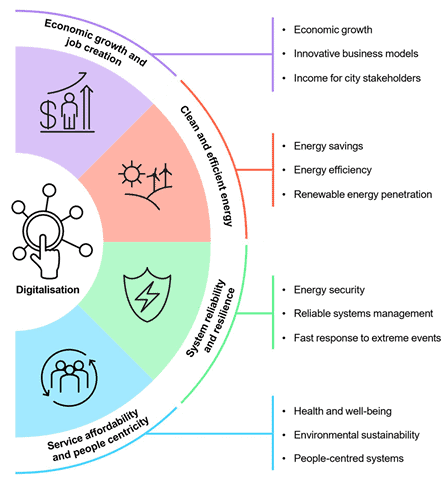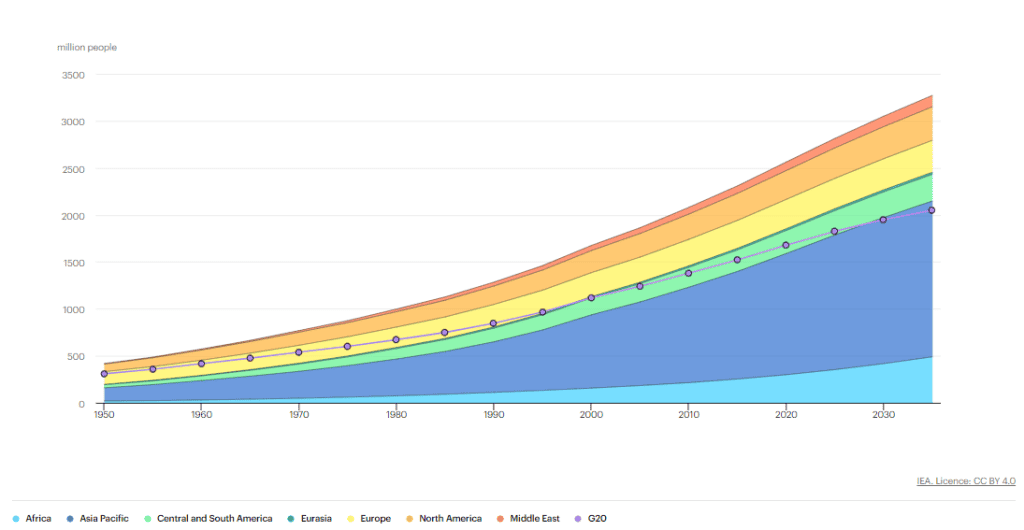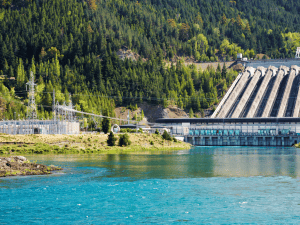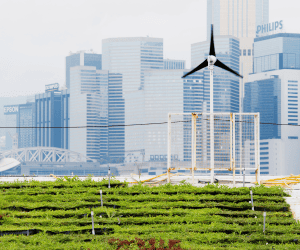Building Sustainable and Smart Cities: The Rise of Renewable Energy in 2023
Date Posted: June 14th, 2023
Digitalization in the built environment can provide benefits for the environment, users and businesses
Introduction
- This post discusses the importance of efficient and intelligent energy systems in cities, providing solutions and policy recommendations for governments to adopt.
- Cities play a crucial role in achieving net-zero emissions goals, as they house over half of the global population, generate a significant portion of carbon emissions, and have a growing demand for energy infrastructure.
- Smart cities offer an opportunity to reduce energy consumption, improve grid stability, and enhance the quality of life through innovative digital energy systems.
- Local governments have the power to drive the transition to net-zero emissions by capitalizing on these opportunities.
The world is rapidly urbanizing, and cities are at the forefront of the global energy transition. As urban areas face the challenges of population growth, climate change, and resource constraints, the need for sustainable solutions has become paramount. The International Energy Agency’s (IEA) report titled “Empowering Cities for a Net Zero Future” sheds light on the crucial role renewable energy and smart cities play in creating a sustainable and resilient urban environment. In this blog post, we delve into the report’s insights and explore how renewable energy and smart city initiatives can pave the way for a cleaner and more sustainable future.
Cities play a crucial role in achieving net-zero emissions goals, as they house over 50% of the global population, generate more than 70% of global carbon emissions, and have a growing demand for energy infrastructure. Smart cities offer an opportunity to reduce energy consumption, improve grid stability, and enhance quthe ality of life through innovative digital energy systems. Local governments have the power to drive the transition to net-zero emissions by capitalizing on these opportunities. The report emphasizes the importance of efficient and intelligent energy systems in cities, providing solutions and policy recommendations for governments to adopt regardless of their unique circumstances.
Image Source: International Energy Agency
A Paradigm Shift towards Renewable Energy
With increasing awareness of the environmental consequences of traditional energy sources, cities worldwide have been compelled to shift towards renewable alternatives. In 2023, the transition to clean energy has gained considerable momentum, driven by advancements in technology and declining costs of renewable infrastructure. Solar and wind power have emerged as leading contenders in the quest for sustainable energy, with solar panels adorning rooftops and wind turbines dotting the skylines of forward-thinking cities.

Image Source: International Energy Agency: Empowering Cities toward Net Zero Emissions
Integration of Internet of Things (IoT) in Smart Cities
One of the defining characteristics of smart cities in 2023 is the extensive use of Internet of Things (IoT) devices to optimize energy consumption and management. IoT-enabled sensors and systems are seamlessly integrated into the urban infrastructure, allowing for real-time monitoring of energy usage, traffic flow, waste management, and more. This data-driven approach empowers city administrators to make informed decisions, leading to increased efficiency and reduced energy wastage.

Source: Canva/Getty Images
Integrating variable renewable energy sources
As cities transition to renewable energy sources, grid modernization becomes crucial to accommodate the intermittent nature of solar and wind power. In 2023, we witness the rise of advanced energy storage technologies, such as large-scale batteries and hydrogen fuel cells, which enable efficient storage and distribution of renewable energy. These innovations ensure a stable and reliable power supply, even during periods of low generation, bolstering the resilience of smart cities.
Electrification of Transportation
In the pursuit of sustainable urban living, transportation plays a pivotal role. In 2023, electric vehicles (EVs) have become a common sight in smart cities, thanks to the development of affordable and efficient EV models. Charging infrastructure has proliferated, with charging stations conveniently located across urban areas. Furthermore, the integration of renewable energy sources with EV charging networks promotes cleaner transportation and reduces dependence on fossil fuels, improving air quality and reducing greenhouse gas emissions.
Citizen Empowerment and Engagement
Smart cities of 2023 recognize the importance of citizen engagement in promoting sustainable practices. Governments and local authorities have initiated awareness campaigns and incentivized programs to encourage residents to embrace renewable energy. Citizens are actively involved in energy conservation efforts, with smart meters providing real-time consumption data and feedback. Additionally, smart city apps and platforms enable individuals to monitor their energy usage, control home appliances remotely, and participate in community-level sustainability initiatives.
Conclusion
As we progress through 2023, the emergence of smart cities powered by renewable energy sources brings hope for a sustainable future. The integration of IoT, grid modernization, and the electrification of transportation have revolutionized urban living, enhancing energy efficiency and reducing environmental impact. With the concerted efforts of governments, technology innovators, and engaged citizens, we can create a world where smart cities thrive.






